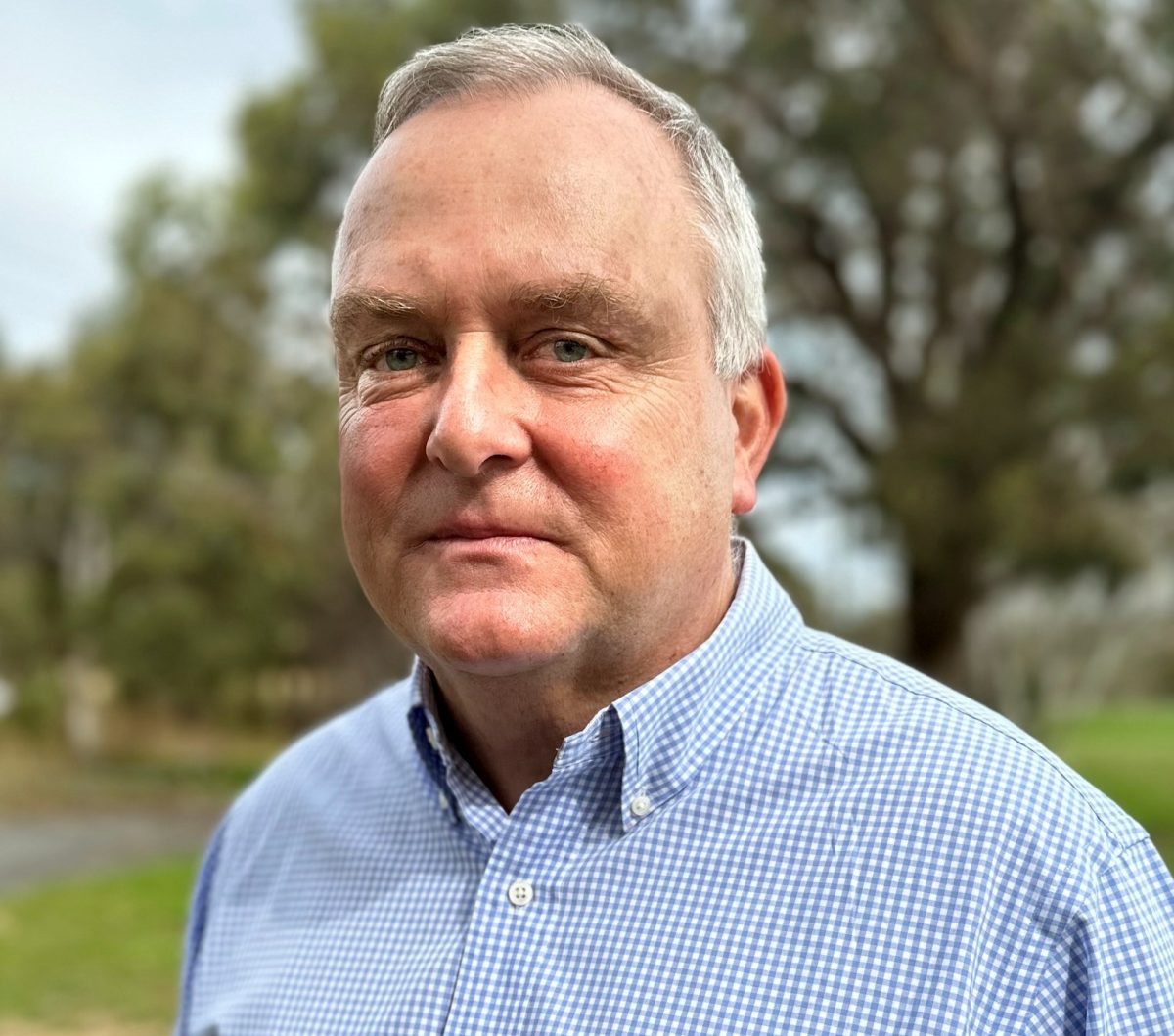
Leo Cusack has won ACT Senior Project Professional of the Year at the ACT chapter of the Project Management Achievement Awards. Photo: Aspen Medical.
As a project manager contracted by Aspen Medical, true-blue Canberran Leo Cusack has been involved in medical crisis management for some of the world’s worst incidents in recent times.
For this he was recently named ACT Senior Project Professional of the Year at the ACT chapter of the Project Management Achievement Awards.
Yet the man whose skills were integral in Mosul during the fight against ISIS, and in West Africa during the Ebola outbreak, says the greatest logistical challenge he ever faced was right here in Australia.
Born and raised in Canberra, Leo did his higher education at ANU and Duntroon and served 15 years in the army, during which time he completed a master’s in project management at the Australian Defence Force Academy.
He first consulted for Aspen Medical in 2013 on a fairly standard e-health project, but things escalated quickly late the following year when an Ebola outbreak gripped areas of West Africa.
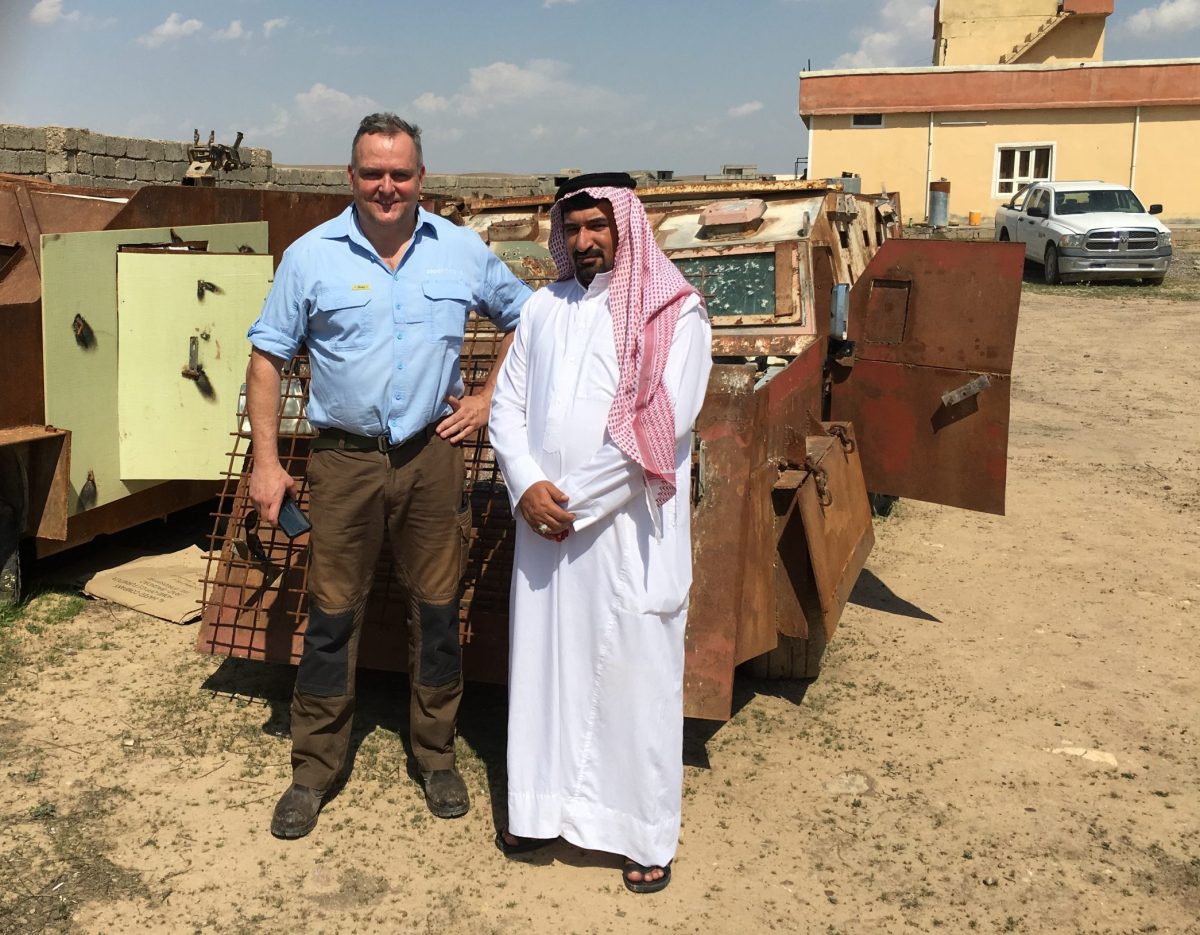
Leo on the ground with the local leader in the Hajj Ali district near Mosul, Iraq. Photo: Leo Cusack.
Aspen Medical was contracted to set up two Ebola treatment centres – one in Liberia and another in Sierra Leone. With Leo’s help, within a month the facilities were up and running like clockwork, treating many of the infected people.
“Ebola is a particularly brutal disease in that some recovered and many didn’t – so as you can imagine, there was a lot of fear. That meant very few flights and enormous difficulties getting in and out of the country,” he says.
“We had to secure and train an expatriate workforce for Sierra Leone, predominantly from Australia and New Zealand, and a more global workforce in Liberia. To do so within a month is quite a remarkable feat.”
Leo said while the welcome they received from the local populace was “incredible” and the resilience they witnessed from them was “magnificent”, the greatest milestone was when the outbreak was contained and the operation packed up.
Then in February 2017, the World Health Organisation asked Aspen Medical to provide a proposal to establish three field hospitals on the outskirts of Mosul, Iraq, in anticipation of a massive influx of people seeking medical care when the coalition forces freed the civilian population that was under ISIS rule.
The first was established within a month, the second a month later along with maternity hospitals in association with the United Nations Population Fund. It was a period of soaring highs and devastating lows.
“At the beginning, it was a lot of trauma patients – people with gunshot wounds, blast victims and people who’d been crushed during the conflict itself. Then it was about treating people who had not had access to healthcare in a very long time while under ISIS,” Leo said.
“I think one of the worst casualties I saw, though, was a 12-year-old without a scratch, who was completely catatonic. But again, the way the local community wrapped around that child was beautiful to witness.”
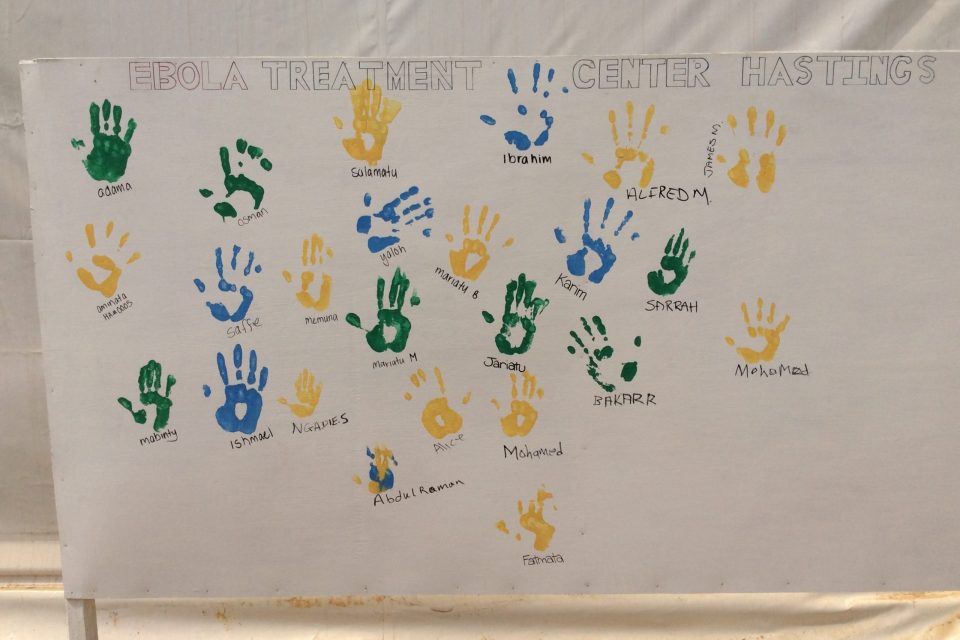
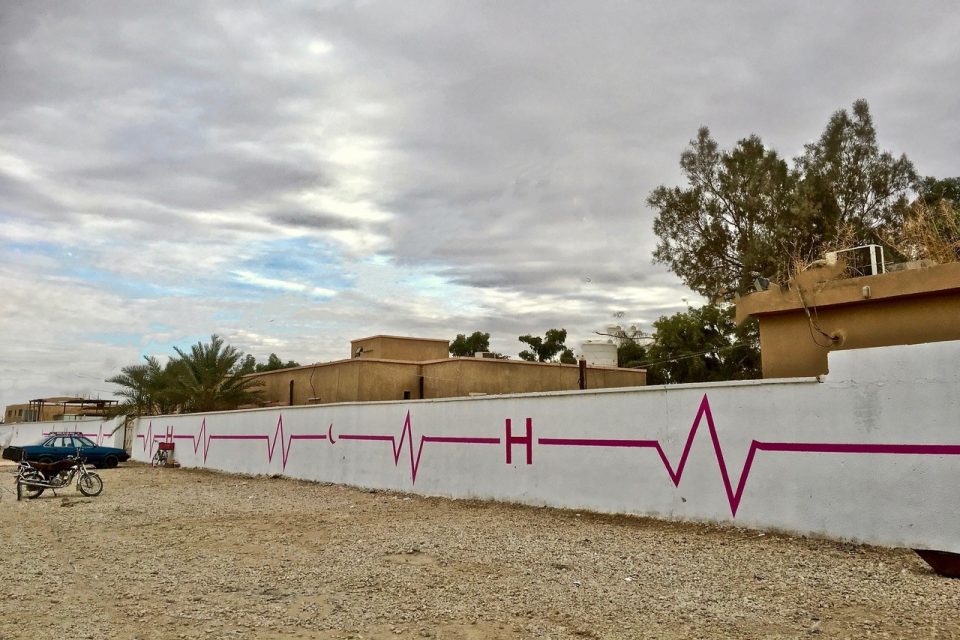
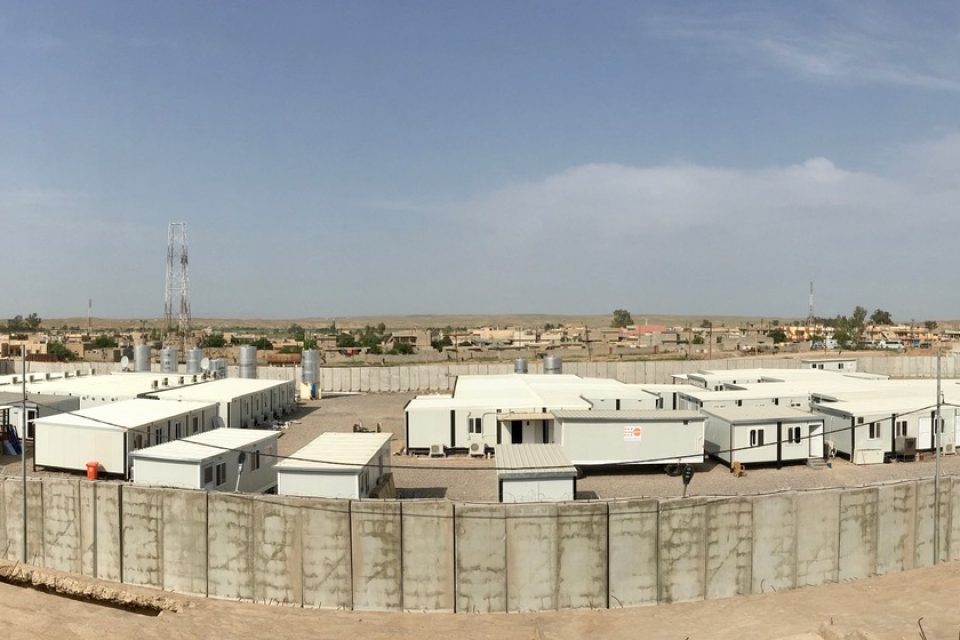
Leo says in operations like these, which require speed of response, the greatest challenge is always logistics. He came up against the pinnacle of this while assisting Aspen Medical with its efforts in navigating domestic COVID challenges.
He assisted with managing outbreaks among crews on cruise ships from Japan and San Francisco.
“We had to take into account the 14-day quarantine period at the time, testing and providing support to those who had contracted the sickness, and then repatriate them with local authorities,” he said.
“It’s the procurement and distribution of things like personal protection equipment, moving people, coordination between government because, as we all remember, everything had broken down at that stage.”
He also helped establish 158 general practice respiratory clinics in the country, including in remote and regional parts of Australia. The first 100 had to be established within five weeks.
“One of the biggest problems there was that no staff could cross borders – so we had to recruit staff over the phone. Sourcing equipment and moving it was also extremely problematic.”
When the vaccination arrived, it posed some of the greatest logistical challenges yet.
“For example, if the vaccines came out of western Sydney, and you had five days after thawing them to get them to Pilbara in the north of Western Australia, you’d have to go to Perth, then Perth to Broome, charter a plane from Broome to, say, Halls Creek, get staff there, get all the consumables such as syringes and anaphylaxis kits there, and of course, have consent forms signed and locals ready to take the vaccines because they were far too precious to waste,” Leo says.
“It’s an incredible synchronisation effort.”
Leo says winning ACT Senior Project Professional of the Year for these efforts was surprising and humbling, but that his successes came down to the phenomenal shared efforts of his project management team and the countless other people involved.
“You can have an idea, but unless you get remarkable levels of buy-in, competence and innovation from the individuals on the field, you’re not going very far,” he says.
“As a project manager, the people around you make you or break you, and on all of these occasions, they certainly made it.”












